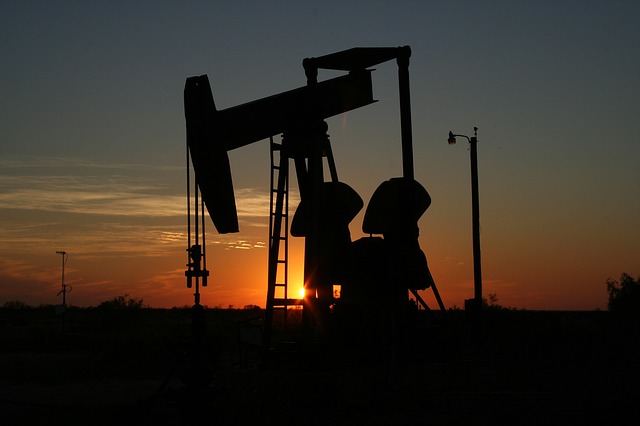HIKE NA NAMAN: Petroleum products to increase prices this week
- February 26, 2019
- 0

Gasoline and diesel products will be at P1.45 per liter, while kerosene will be at P1.35 per liter, as announced by oil companies.
Pilipinas Shell Petroleum Corporation, PetroGaz, Seaoil and Chevron (of the Caltex brand) has started applying the increased rates, while the rest of the oil companies are expected to follow.
Meanwhile, prices of cooking fuel liquefied petroleum gas are expected to rise by more than P1.00 per kilogram, which is to be announced by oil companies within this week.
The Department of Energy (DOE) is closely monitoring the volatile global oil prices as it will affect the consumers’ spending power.
The rising prices will have a huge impact on the economy. Last year, there was a raise on the cost of basic commodities and it brought concerns about the government’s ability to manage the economy.
The DOE cited the two reasons for the jump on prices: the cutback in production of the Organization of the Petroleum Exporting Countries (OPEC) and its ally-producers led by Russia; and the sanctions being enforced upon Venezuela’s oil exports.
Dubai crude is already reaching the US$65 per barrel, while the OPEC basket of crude had been past the US$66 per barrel.
With the imposition of the additional excise taxes under the Tax Reform for Acceleration and Inclusion (TRAIN) Act, the government cannot do as much to lessen the impact of rising oil prices, except to remind the consumers to be efficient and to choose wisely in their fuel purchases.
DOE Secretary Alfonso G. Cusi told the public in a Manila Bulletin report “to be conscious of their energy and fuel usage, especially during these times as world oil prices are steadily climbing to high levels.”
He added Filipino consumers’ discipline is needed in using energy, in order for them to save cost, including the use in their vehicles.
“If we come together with the common goal of energy conservation through energy efficiency, we can achieve a lot in terms of in-pocket savings and energy sustainability in the long term,” Cusi was quoted in a Manila Bulletin report.